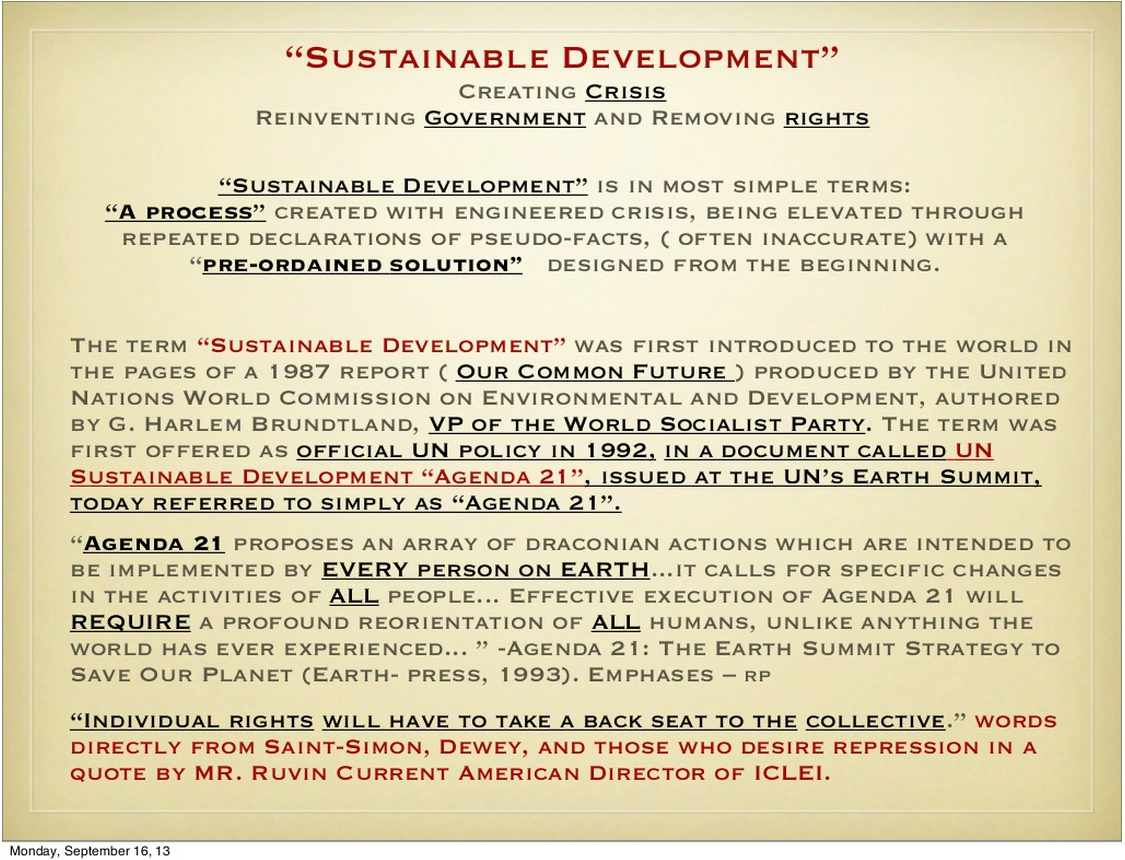
As Karl Marx put it in an afterword to a German edition of the first volume of his masterwork of dialectical analysis Capital: The dialectical method is a way of thinking about reality that can be a crucial tool for revealing the passing and transitory nature of a social system that at times-perhaps most of the time-appears to be a fact as real and unmovable as the floor at the bottom of the staircase.īy contrast, dialectics takes as its starting point that the social world is in a constant state of change and flux-and that capitalism, while it powerfully structures human relationships, is itself the product of human activity that emerges out of the material world, including the natural world.įOR THIS reason alone, it should be obvious why the people who run our society despise the very idea of dialectics. It came after something-and that means it comes before whatever comes next. It's a product of human activity and emerged out of a process of historical development. Capitalism may be the product of thousands of years of prior human civilizations, but that means it hasn't existed from the start of human society. It's a historically specific social structure. Or without understanding the connection between capitalism's economic laws and the rest of the social world, including art, the family, sexuality, the environment and so on.īut capitalism is unlike gravity in at least one crucial respect. Likewise, many people go through their daily life without understanding how capitalist society powerfully shapes their world-without asking the question of why what they produced with their hands and brains during a day on the job should belong, by law, to someone else.

Other than physicists, few people could state Newton's law of universal gravitation: that the gravitational force of two bodies of mass is directly proportional to the product of their masses and inversely proportional to the square of the distance between them.

The power of capitalist society to structure the social world-like gravity's pull on everything around us, including ourselves-is so all-encompassing, in fact, that many people never become aware of it as a force with its own laws. Similarly, in capitalist society, someone headed home after spending the day working in a factory or at a bank doesn't believe they can simply take with them the value of what they produced-at least not without the risk of losing their job and facing incarceration. No one would stand at the top of the staircase and think they could avoid the reality of descending it. So we become accustomed as a habit of mind to treating them as unchangeable features of the world around us. The laws of both operate inexorably, and attempts to disregard them can result in serious injury or death. As a whole, the book offers a discussion of major themes in the dialectics of revolution that still speak to us today at a time of radical transformation in all spheres of society and of everyday life.CAPITALISM IS like gravity: it envelops our world so completely that it's easy to forget about it entirely. The book also takes up the dialectic in global, intersectional settings via a reconsideration of the themes of Anderson’s Marx at the Margins, where nationalism, race, and colonialism were theorized alongside capital and class as key elements in Marxist dialectical thought. In addition, key critics of Hegel and dialectics like Jacques Derrida, Michel Foucault, Antonio Negri, Pierre Bourdieu, and Richard Rorty, are themselves analysed and critiqued from a twenty-first century dialectical perspective. Dunayevskaya’s intersectional revolutionary dialectics is also treated extensively, especially its focus on a dialectics of revolution that avoids class reductionism, placing gender, race, and colonialism at the center alongside class.
#HEGELIAN DIALECTIC CORONA FULL#
Major but neglected works on Hegel and dialectics written under the impact of the struggle against fascism like Lukács’s The Young Hegel and Marcuse’s Reason and Revolution are given full critical treatment. In these essays, particular attention is given to Lenin’s encounter with Hegel and its impact on the critique of imperialism, the rejection of crude materialism, and more generally, on world revolutionary developments. The essays cover the dialectics of revolution in a variety of settings, from Hegel and the French Revolution to dialectics today and its poststructuralist and pragmatist critics.

Anderson, a well-known scholar-activist in the Marxist-Humanist tradition. This book collects four decades of writings on dialectics, a number of them published here for the first time, by Kevin B.


 0 kommentar(er)
0 kommentar(er)
